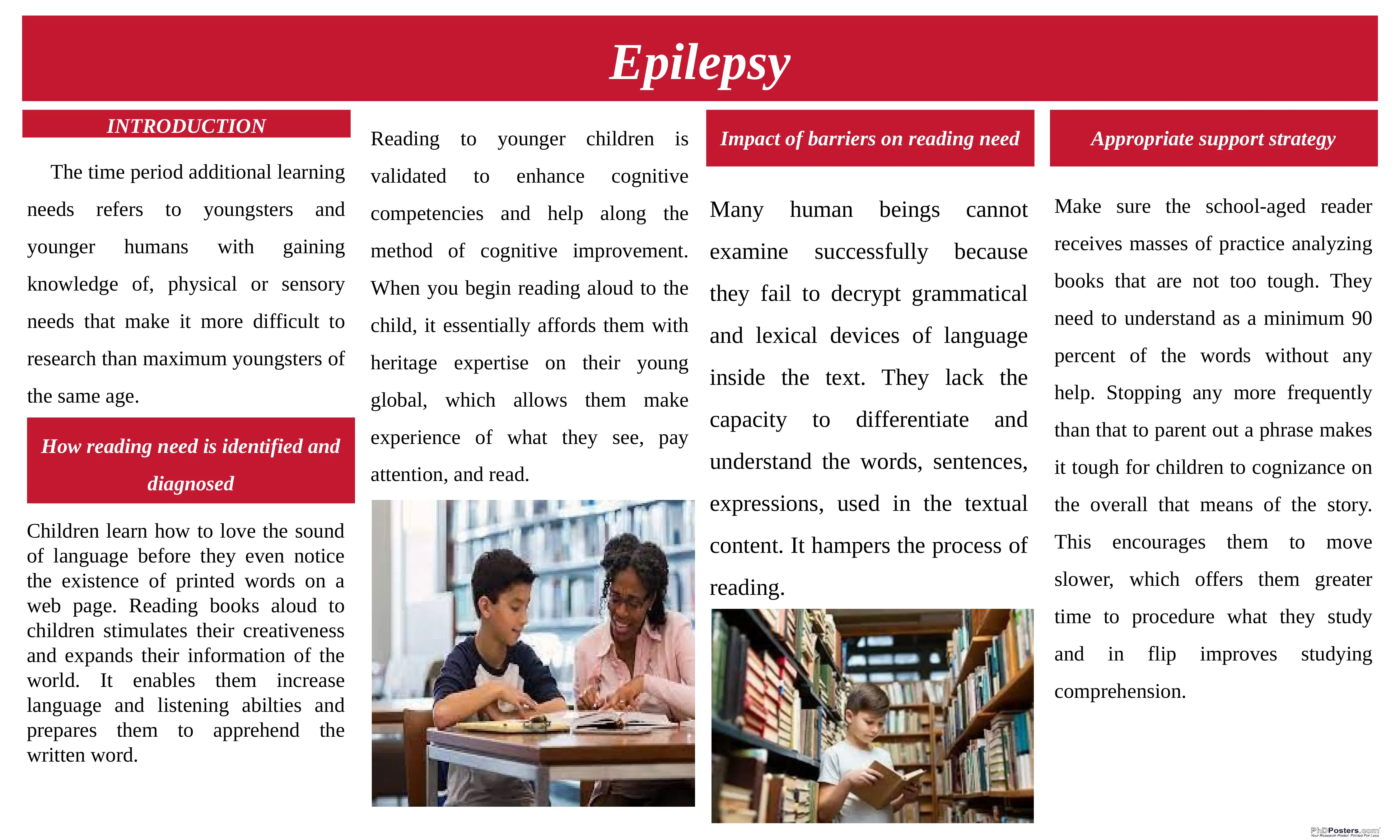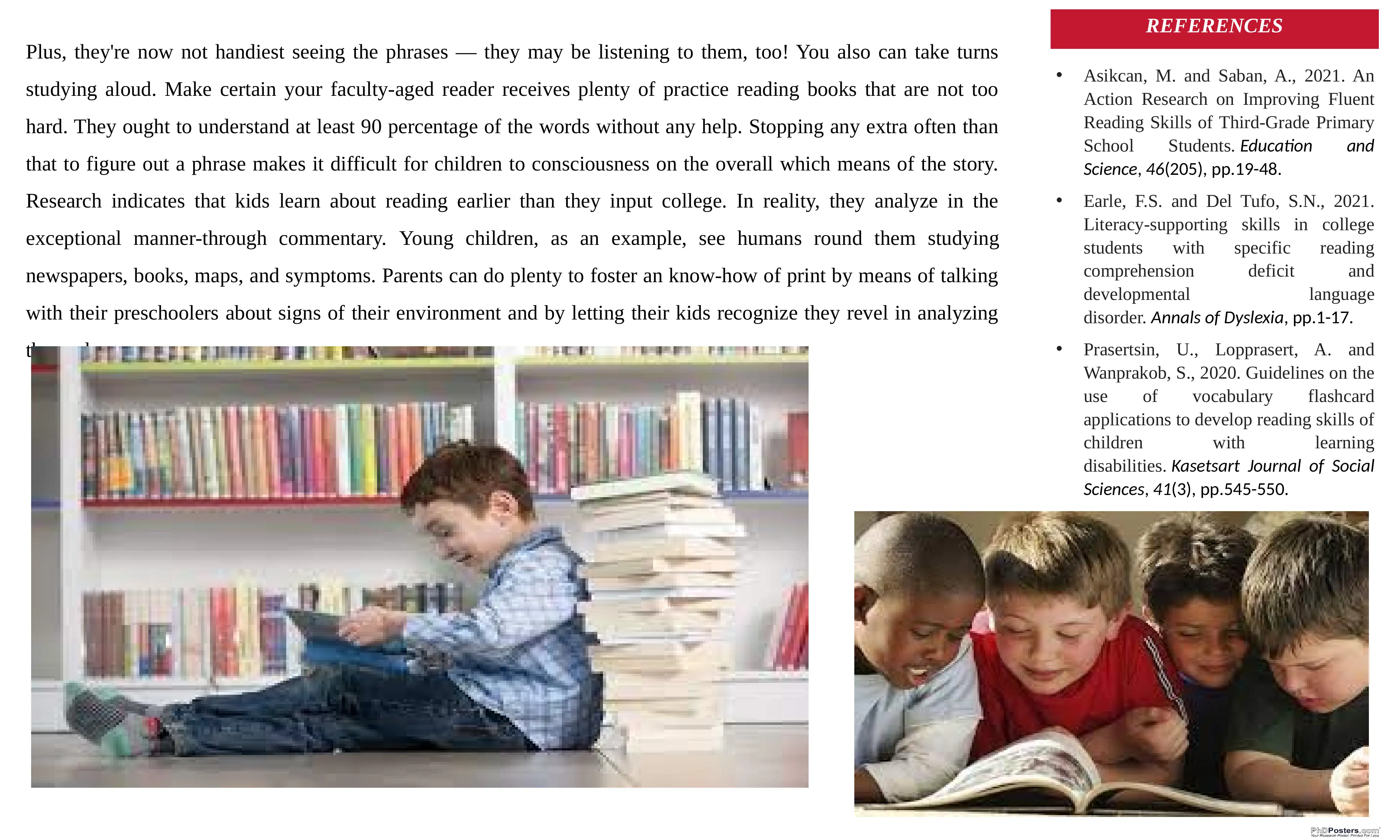Enhancing Cognitive Skills: The Power of Reading to Children
VerifiedAdded on 2023/06/15
|2
|583
|446
Essay
AI Summary
This essay explores the significant impact of reading to younger children on their cognitive development and learning abilities. It emphasizes how reading introduces children to the sounds of language, stimulates their imagination, expands their knowledge of the world, and enhances their language and listening skills. The essay also addresses the challenges some children face in reading, such as difficulties in decoding grammatical structures and differentiating between books of appropriate difficulty. It suggests strategies to support struggling readers, such as ensuring they have ample practice with texts they can understand and encouraging a slower pace to improve comprehension. Furthermore, the essay highlights the importance of parents fostering an understanding of print by engaging with their children about signs and demonstrating their own enjoyment of reading. This student contributed assignment is available on Desklib, a platform offering a wide array of study tools and resources for students.
1 out of 2








![[object Object]](/_next/static/media/star-bottom.7253800d.svg)